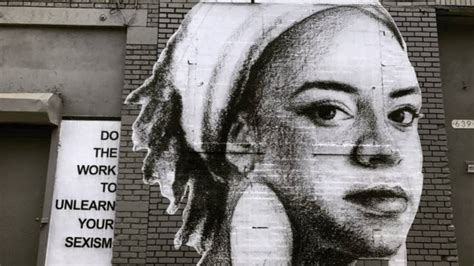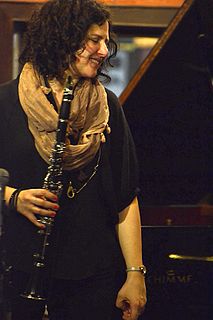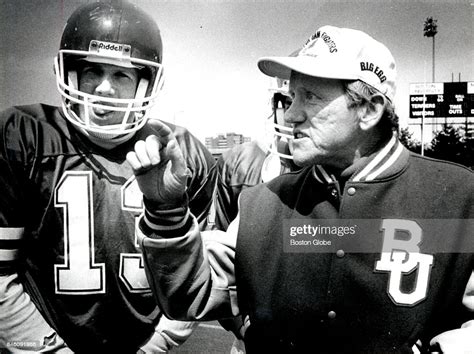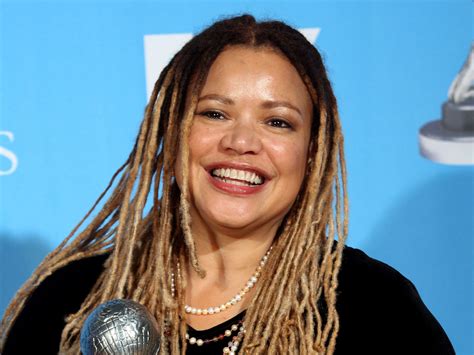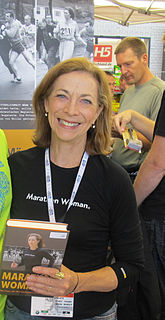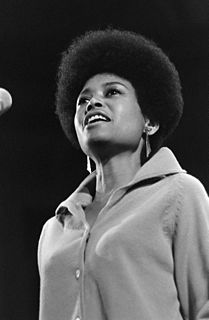A Quote by Tatyana Fazlalizadeh
In Boston, a couple of the women were students and they mentioned how Boston has a huge student population, and that's specific to their experiences of street harassment. They feel like the men were a lot more aggressive, particularly when it comes to social outings and things like that.
Related Quotes
Men who are offenders of street harassment and women who experience street harassment can walk by and feel something about it, because it's out there in the environment where the harassment actually happens. So it's a lot more powerful than an oil painting that's stuck in a gallery or under my bed or in my studio where only a couple of eyes are going to see it, as opposed to it being in an environment where it could possibly effect a change.
On the river path in Boston beauty was most expressed as youth and intelligence. That made sense; sixty degree-giving institutions, some three hundred thousand students; that meant at least one hundred fifty thousand more nubile young women than demographics would ordinarily suggest. Maybe that was why young men stayed in Boston when their college years were over, maybe that explained why they were so intellectually hyperactive, so frustrated, so alcoholic, such terrible drivers.
Boston was incredible. I had some of the best experiences of my life there at Berklee because I met a bunch of other people who were at the exact same stage in life and interest as me. There were American and international students all wrapped up in the Berklee environment, where you basically did nothing but music 24/7.
I feel like we're looked at as either completely nonsexual characters or overly sexual characters, and I feel like that affects how we're treated in the public space by men. I believe that women of color experience street harassment in a very hyper way. So I wanted to draw these women in their very normal, regular states and put those images out there in the public for people to see, instead of these other, very sexualized, images of women.
I encountered Newton when I was growing up, and it has kind of made me who I am, although I came to love Boston. It's a complicated city. Some of the smartest people in the world are in Boston. How many institutions of higher learning are in that one area? It's a pool of intelligence. It's a great town. You can encounter racism anywhere. I have a lot of nostalgic feelings about Boston. It was a cool place to grow up.
When I finished the Boston race in 1967, there were two things I wanted to do. I wanted to become a better athlete because my first marathon was 4:20. In those days, that was considered a jogging time and I knew people were going to tease me. But I was more fascinated with what women could do if they only had the chance.
